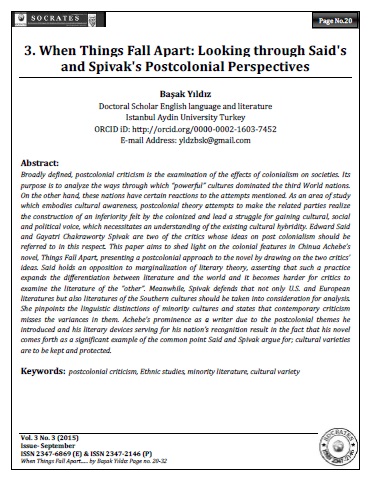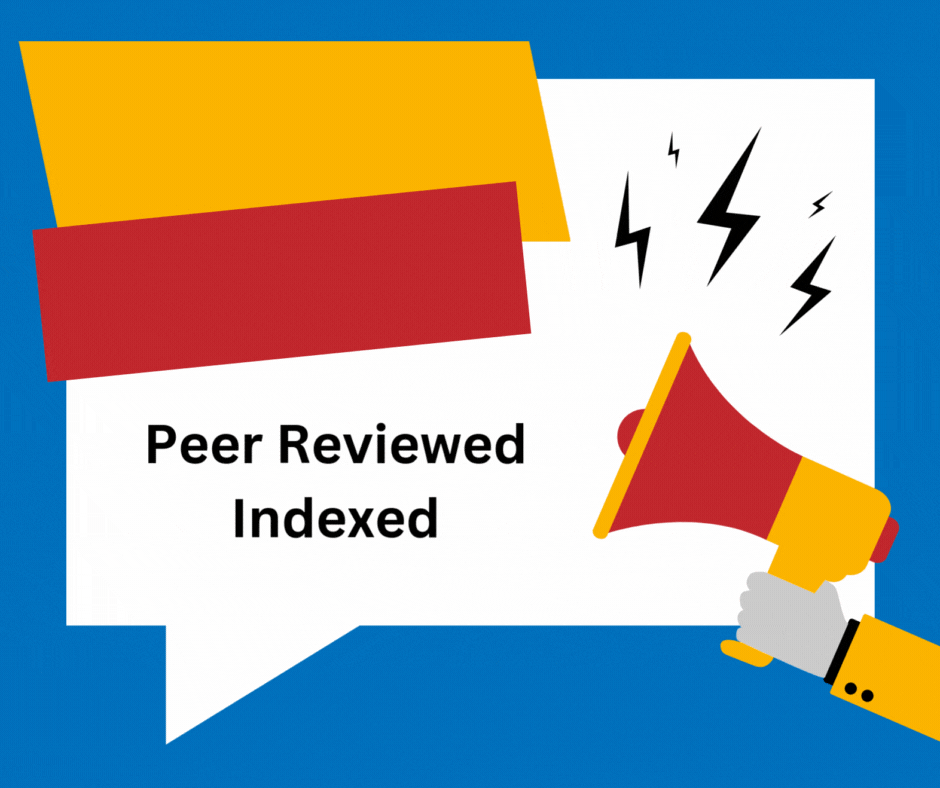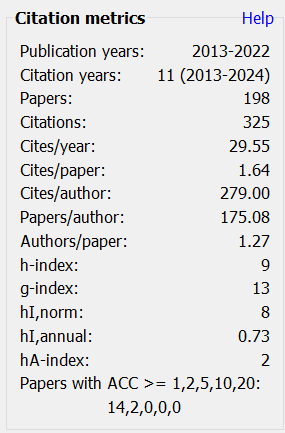When Things Fall Apart: Looking through Said's and Spivak's Postcolonial Perspectives
Keywords:
postcolonial criticism, Ethnic studies, minority literature, cultural varietyAbstract
Broadly defined, postcolonial criticism is the examination of the effects of colonialism on societies. Its purpose is to analyze the ways through which “powerful” cultures dominated the third World nations. On the other hand, these nations have certain reactions to the attempts mentioned. As an area of study which embodies cultural awareness, postcolonial theory attempts to make the related parties realize the construction of an inferiority felt by the colonized and lead a struggle for gaining cultural, social and political voice, which necessitates an understanding of the existing cultural hybridity. Edward Said and Gayatri Chakraworty Spivak are two of the critics whose ideas on post colonialism should be referred to in this respect. This paper aims to shed light on the colonial features in Chinua Achebe’s novel, Things Fall Apart, presenting a postcolonial approach to the novel by drawing on the two critics’ ideas. Said holds an opposition to marginalization of literary theory, asserting that such a practice expands the differentiation between literature and the world and it becomes harder for critics to examine the literature of the ”other”. Meanwhile, Spivak defends that not only U.S. and European literatures but also literatures of the Southern cultures should be taken into consideration for analysis. She pinpoints the linguistic distinctions of minority cultures and states that contemporary criticism misses the variances in them. Achebe’s prominence as a writer due to the postcolonial themes he introduced and his literary devices serving for his nation’s recognition result in the fact that his novel comes forth as a significant example of the common point Said and Spivak argue for; cultural varieties are to be kept and protected.
Downloads
Metrics
References
Dannenberg, H. (2009). The many voices of Things fall apart. Interventions: International Journal of Postcolonial Studies.11, 176-179.
Guthrie, Abigail K. (2011). Language and identity in postcolonial African literature: A case study of Chinua Achebe’s Things fall apart (Masters Dissertation). Liberty University, Virginia.
Rhoads, D. A. (1993).Culture in Chinua Achebe's Things fall apart. African Studies Review.36, 61-72.
Said, Edward. (1983).The world, the text, and the critic. In D. Damrosch, N. Melas, and M. Buthelezi (Eds.), (2009).The Princeton sourcebook in comparative literature (259-283).Princeton: Princeton University Press.
Spivak, Gayatri C. (2003). Crossing borders. In D. Damrosch, N. Melas, and M. Buthelezi (Eds.), (2009).The Princeton sourcebook in comparative literature (380-398). Princeton: Princeton University Press.

Downloads
Published
How to Cite
Issue
Section
License
Revised Copyright/CC license that applies to all the articles published after 05-02-2017
Attribution-NonCommercial 4.0 International (CC BY-NC 4.0)

Copyright/CC license that applies to all the articles published before 05-02-2017
Attribution-Non Commercial-No Derivatives 4.0 International (CC BY-NC-ND 4.0)

Author(s) will retain all the right except commercial and re-publishing rights. In the case of re-publishing, they will have to obtain written permission from the journal. Additional licensing agreements (Creative Commons licenses) grants rights to readers to copy, distribute, display and perform the work as long as you give the original author(s) credit, they can not use the works for commercial purposes and are not allowed to alter, transform, or build upon the work. For any reuse or distribution, readers and users must make clear to others the license terms of this work. Any of these conditions can be waived if you get permission from the copyright holders. Nothing in this license impairs or restricts the authors’ rights. To view a copy of this license, visit http://creativecommons.org/licenses/by-nc-nd/4.0/ or send a letter to Creative Commons, 171 Second Street, Suite 300, San Francisco, California, 94105, USA.
Research Papers published in SOCRATES are licensed under an Attribution-NonCommercial-NoDerivatives 4.0 International (CC BY-NC-ND 4.0)












